
12 Months Heat Loc Free Promotion
Get a free annual supply of Heat Loc liquid pool cover with any heat pump or solar pool heating purchase valued at up to $600!
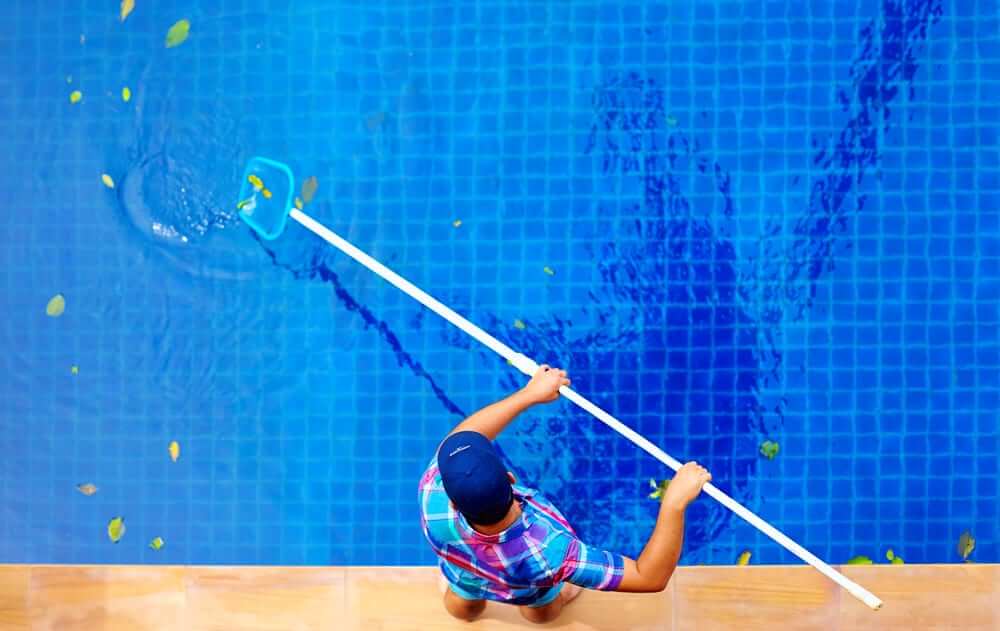

Get a free annual supply of Heat Loc liquid pool cover with any heat pump or solar pool heating purchase valued at up to $600!
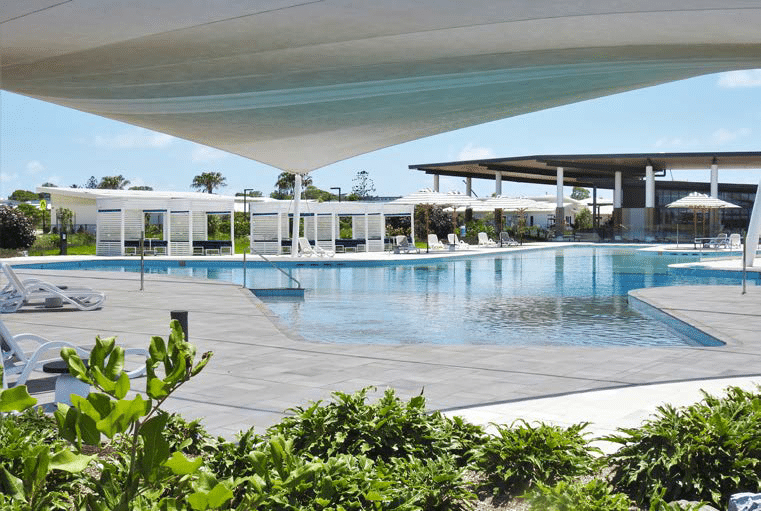
At Australian Energy Systems (AES), we believe that investing in energy-efficient solutions is not only an environmental responsibility but also a smart economic choice. We’re
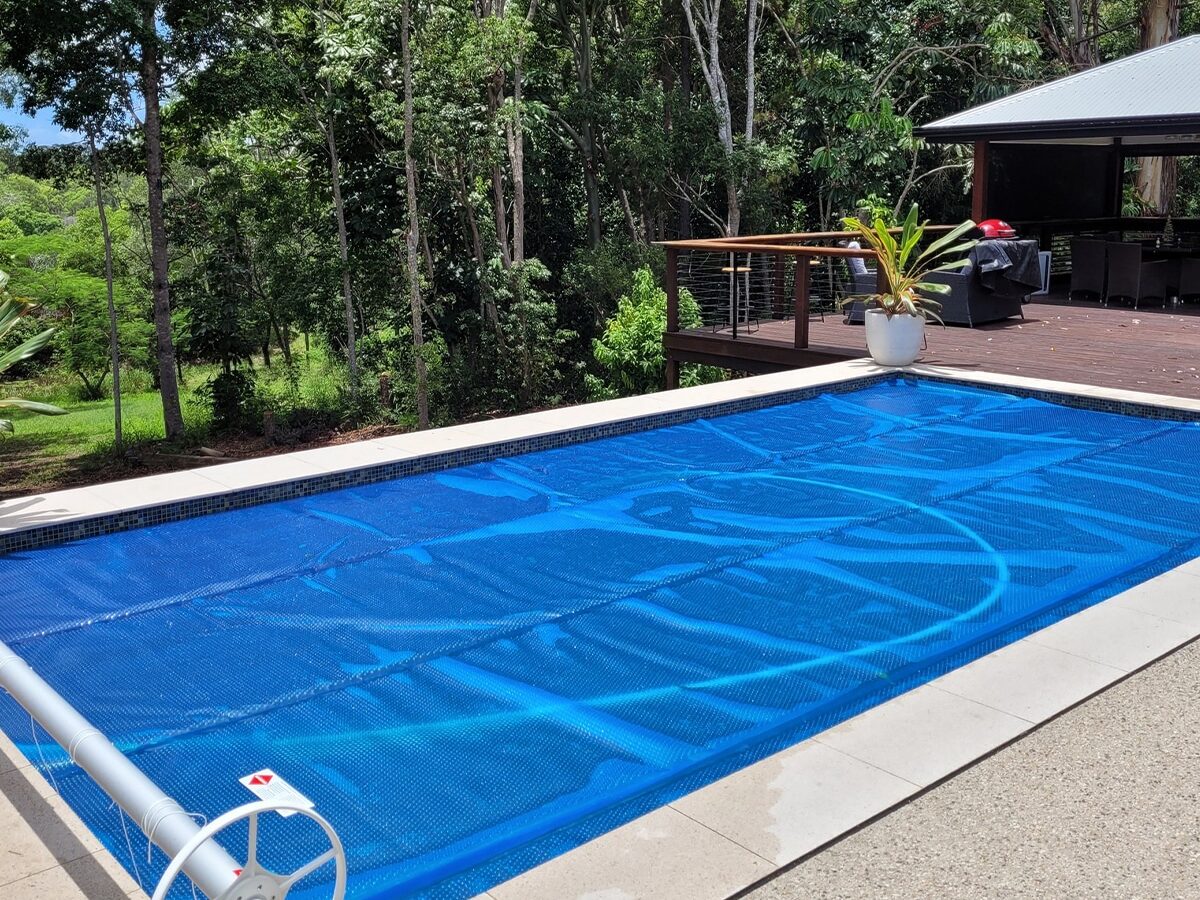
One of the most effective ways to winterise your pool is by using a pool cover. Find out how a pool cover can help you save money on your pool costs throughout the winter months.
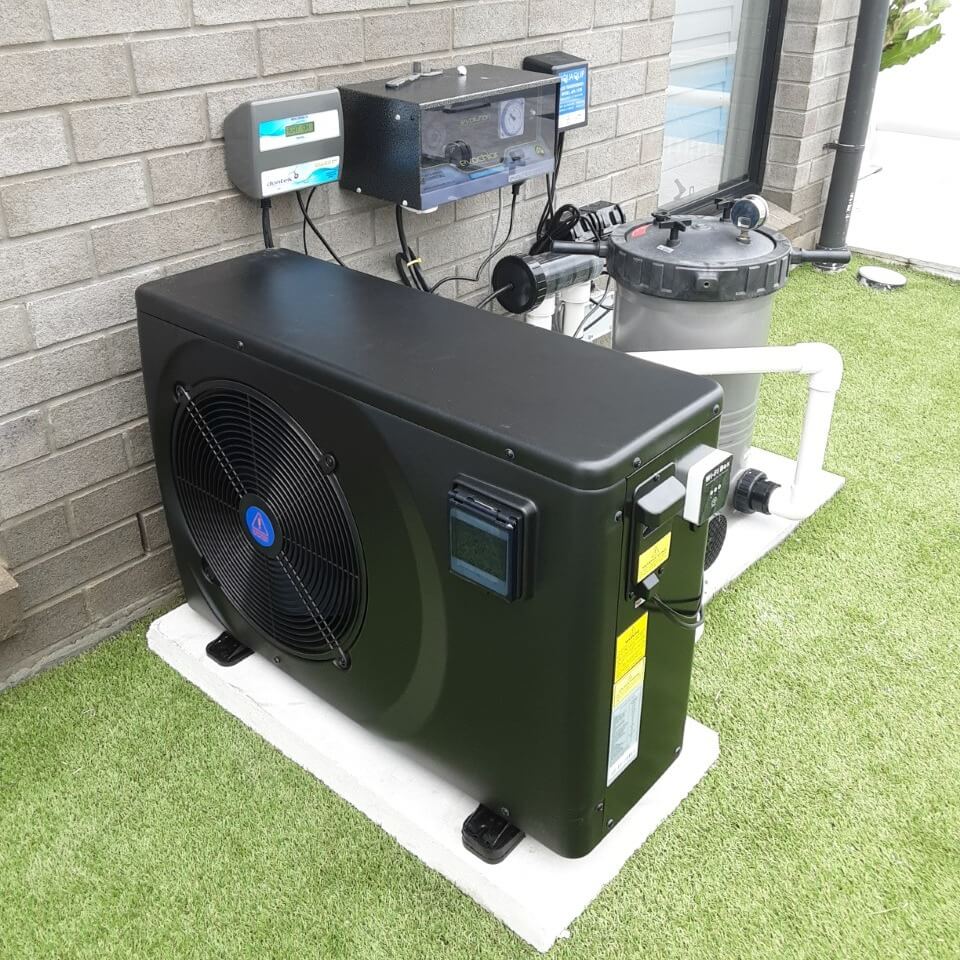
When thinking about your pool heating choices, there are 3 questions you need to ask. How long you want and what temperature you want to swim in as well as how big is your pool and do you have a pool cover?
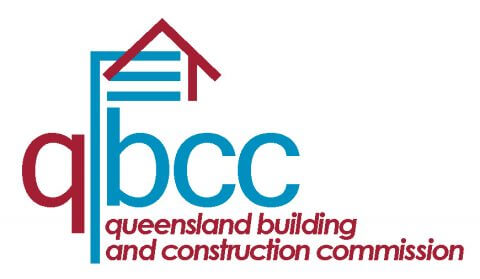

At Australian Energy Systems, we have been assisting people in choosing the right heating for their pool for over 25 years.
Our team are friendly and professional and will answer any questions you have.
Headoffice: Unit 17, 6 Maunder St Slacks Creek QLD, 4127
QBCC: 717872
© 2022 Pool Heating. All Rights Reserved | Privacy Policy
